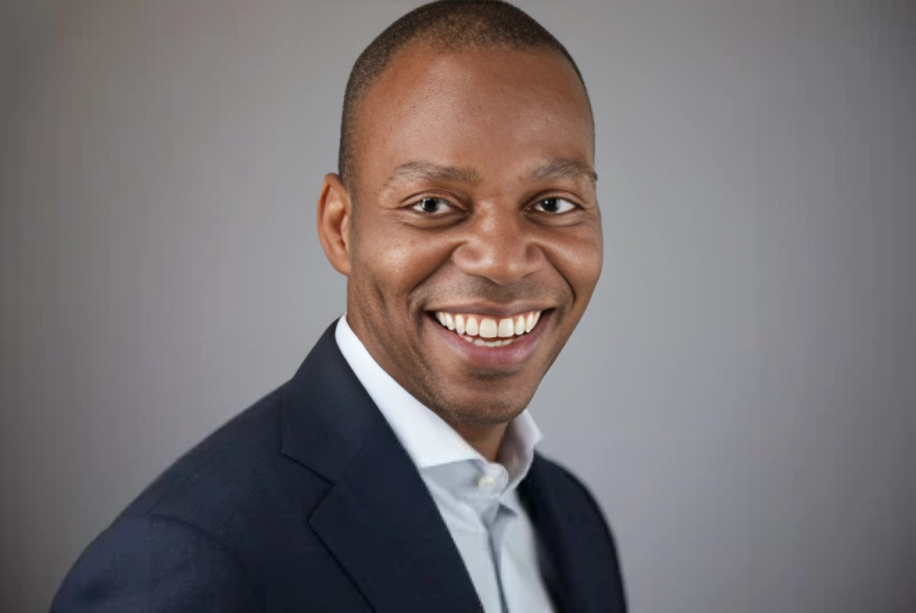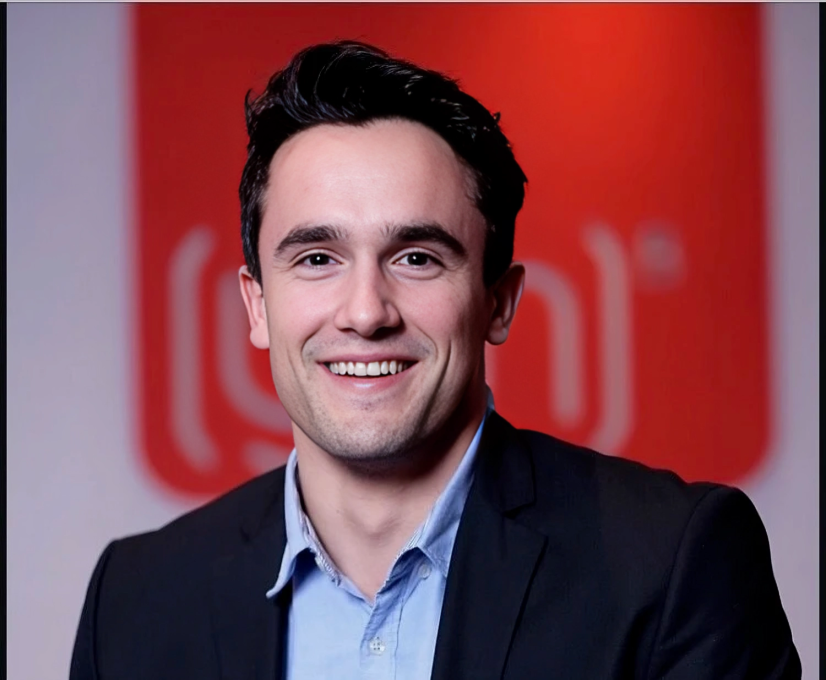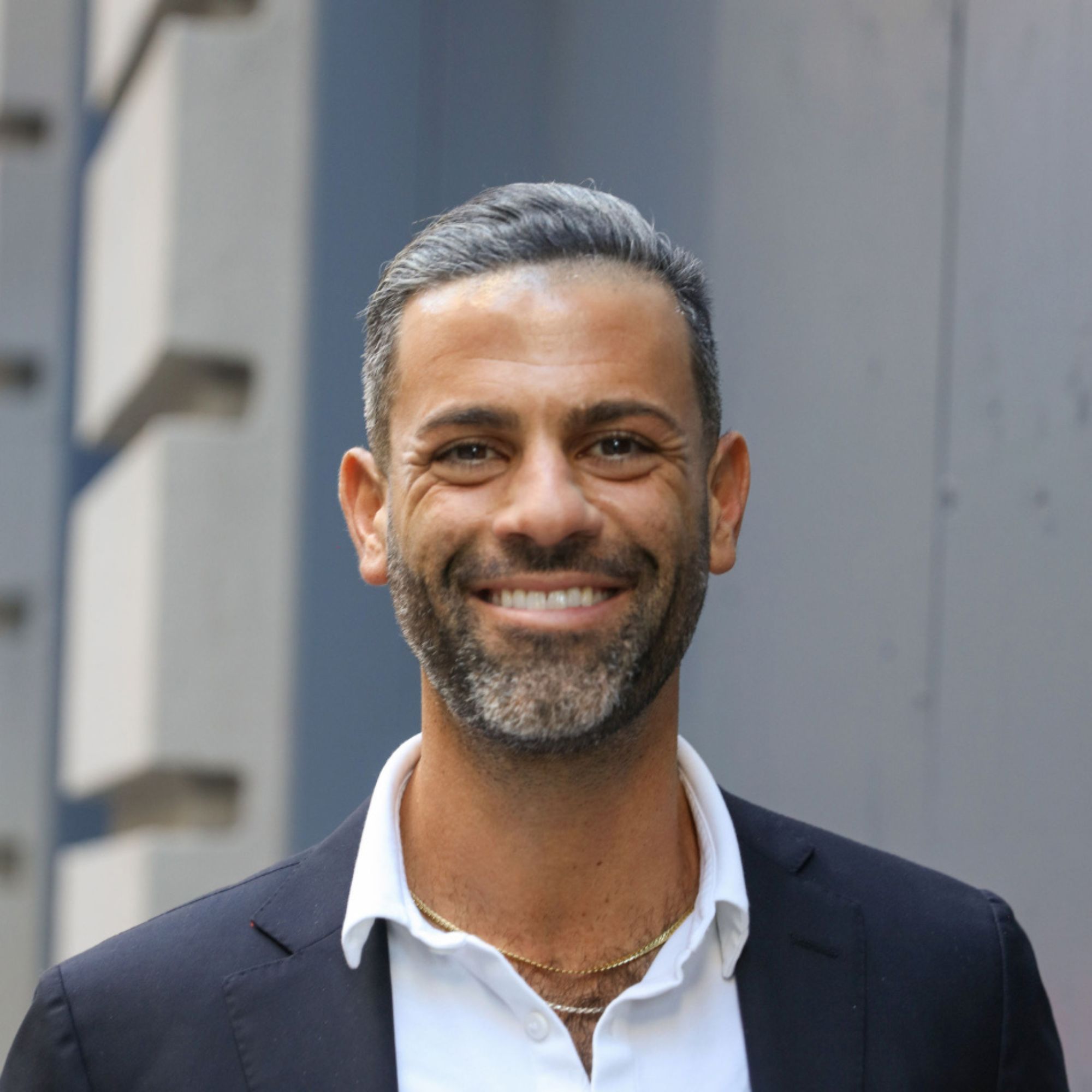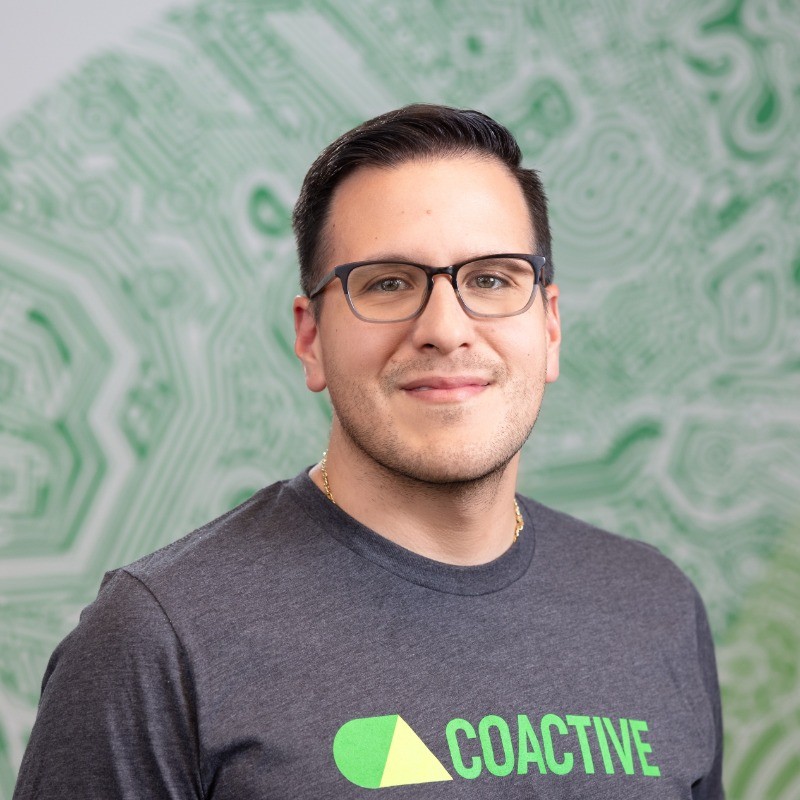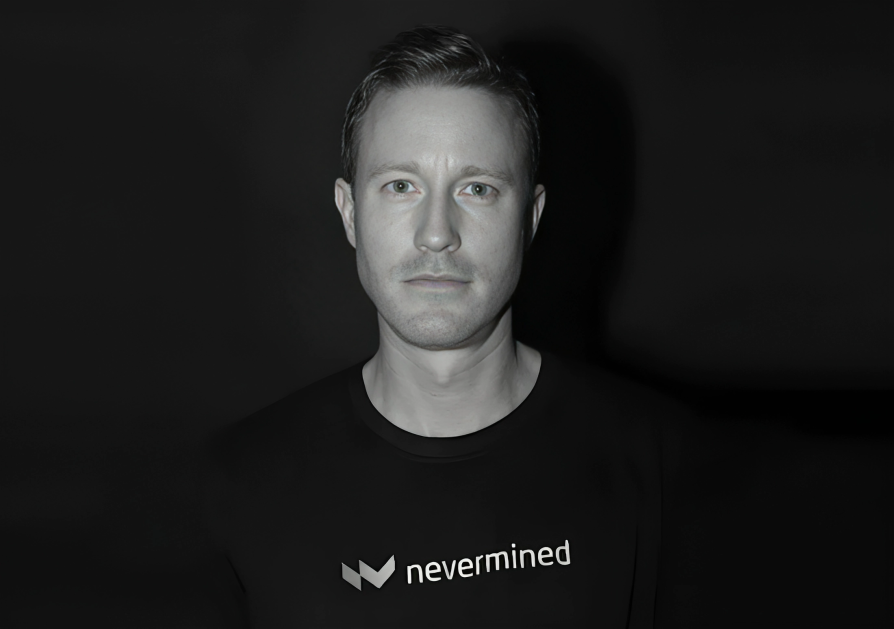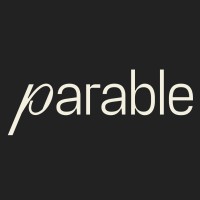Ready to build your own Founder-Led Growth engine? Book a Strategy Call
Frontlines.io | Where B2B Founders Talk GTM.
Strategic Communications Advisory For Visionary Founders
Actionable
Takeaways
Focus on your unique value proposition:
Amr emphasized the importance of standing out in a crowded market by focusing on what makes you unique. Vectara doubled down on accuracy and hallucination detection, becoming known as the company to combat AI hallucinations. B2B founders should identify what they can be known for that differentiates them from competitors.
Choose your go-to-market strategy deliberately:
When deciding between product-led growth or enterprise sales, commit fully to the approach that fits your business. For enterprise sales, implement account-based marketing focused on your ideal customer profile, host targeted field events, and use strategic dinners with compelling speakers to attract key prospects.
Don't try to boil the ocean:
The number one reason companies fail after team issues is lack of focus. Early-stage founders should maintain agility to test different approaches but quickly narrow focus based on where they're getting traction. Treat use cases as "two-way doors" - try them, keep what works, and move on from what doesn't.
Build for the coming AI agent revolution:
Amr predicts we'll move from the current "AI assistant phase" (requiring human oversight) to the "AI agent phase" (fully autonomous AI) within one year. B2B founders should position their products for this transition, particularly focusing on accuracy and trust as critical requirements for enterprise adoption.
Leverage technological inflection points:
Major technological shifts create gaps that allow startups to disrupt established players. Amr has built companies around three major inflection points: the internet (Activia), big data (Cloudera), and now large language models (Vectara). B2B founders should identify inflection points relevant to their industry and build solutions that capitalize on the new opportunities they create.
Conversation
Highlights
From Egyptian Immigrant to AI Pioneer: Amr Awadallah’s Framework for Building Category-Defining Companies
In 1995, Amr Awadallah arrived in America with just $1,000 in his pocket, a young family to support, and a single goal: to become a professor like his father. Nearly three decades later, he’s taken one company public, raised $53 million for his current venture Vectara, and developed a reputation for identifying and capitalizing on major technological inflection points.
In a recent episode of Category Visionaries, Amr shared his journey from Egyptian immigrant to serial tech entrepreneur and unpacked the go-to-market strategies that have powered his success across multiple companies.
The Immigrant Mindset: Born Risk-Takers
“Immigrants leaving everything behind them are by definition risk takers, which make them great entrepreneurs,” Amr explains. “You’re willing to leave everything behind you and start something new from nothing, with nothing around you, and you don’t know if it’s going to work or not.”
That immigrant experience created the foundation for his entrepreneurial journey. The transformation began the moment he arrived at Stanford University, where his worldview expanded dramatically.
“Day one, just going from SFO to Stanford, you see Oracle and you see Intel and you see Yahoo… these companies are real companies. They’re here,” he recalls. “At Stanford, they’re so good at infecting you with the entrepreneurship virus.”
The First Exit: From Milk Coupons to Millions
Within a year of starting his first company, Activia, Amr experienced an unexpected windfall that changed his life.
“Were acquired by Yahoo in 2000 in one year… that company got acquired for $9 million,” he shares. “I went from having nothing, literally, when I came to the U.S. I only had, like, a thousand bucks in my pocket… me and my wife, we had to get coupons from the California state to get milk for her to drink so she can breastfeed our young baby… to being a multimillionaire.”
This rapid success sparked a lifelong passion for company building. Unlike some entrepreneurs who cash out and retire, Amr was hooked on the process itself.
“The high of building, you get an amazing dopamine rush when you spend all this time building this amazing thing that becomes a success in the world,” he explains. “I equate it actually to having kids… that dopamine hit of seeing that newborn when they come out for the first time, the happiness, the enjoyment, it’s some of the highest moments in your life.”
The Framework: Identifying Winning Opportunities
After building multiple successful companies, Amr has developed a clear framework for identifying startup opportunities—a framework that B2B founders would be wise to adopt.
“I have a framework I use to decide on what I would put my times towards,” he says. “I like startups or companies where three elements come into place.”
These three critical elements are:
A technological inflection point: “A new way with which things are being done that did not exist before… these inflection points, they open gaps for you to go in and disrupt the big players.”
A real problem that needs solving: “You’re not just doing technology for technology’s sake, you’re leveraging that technology to solve a real problem that your potential customers would have.”
A great team that can make it happen: Without execution, even the best ideas remain unrealized.
Amr has applied this framework across three major waves of innovation: the internet (Activia), big data (Cloudera), and now artificial intelligence (Vectara).
Vectara: Solving the AI Hallucination Problem
Amr’s current company, Vectara, tackles one of the most pressing challenges in enterprise AI adoption: hallucinations, or the tendency of AI systems to generate incorrect information.
“If you’re using ChatGPT or others, every now and then it will give you answer that’s like, that’s not true actually,” Amr explains. “And that’s okay for us as consumers because we can self-correct and self-check. But if you’re using it in a medical situation, a legal situation, a financial situation, a manufacturing situation, a government’s decision making situation, no, you can’t have these errors.”
Vectara’s solution combines several technologies into a platform that helps large enterprises avoid what Amr calls “RAG sprawl” (Retrieval Augmented Generation sprawl) while ensuring their AI systems are accurate, secure, and explainable.
Marketing Philosophy: Standing Out in a Crowded Market
When it comes to marketing in the highly competitive AI space, Amr emphasizes focus and differentiation as critical success factors.
“It will boil down to two things. The first thing which is the branding, like making sure your brand is known for something,” he says. “If you don’t have something that’s unique about you, you’re not going to stand out in the middle of that jungle.”
For Vectara, that differentiation comes from accuracy. “We doubled down on accuracy and hallucination detection and now we are known for that. Like if you want to combat hallucination, Vectara is the company to go to.”
This clear positioning has tangible results: “If you go right now to Google and search for hallucination leaderboards, we are the number one results in terms of which company can help you with that.”
The Importance of Focus
Perhaps the most crucial advice Amr offers to B2B founders is about focus.
“The number one reason where companies fail is not focused as teams,” he asserts. “If you’re trying to boil the ocean and do a hundred things, you will fail, especially in the early stages of your company.”
However, he also acknowledges the need for experimentation when finding product-market fit:
“You also have to realize is we don’t know all the answers. Like when you’re starting a company from the beginning, you don’t know which use cases and which industries are going to resonate the most with you. You still have to try a few things.”
Amr recommends using Jeff Bezos’s framework of one-way versus two-way doors to guide these experiments:
“When it comes to use cases, they tend to be two-way doors. Meaning you can try that use case, try the messaging, it works great. Latch onto it and keep going. It doesn’t? Move on to the next one.”
The AI Revolution: Bigger Than the Internet
Looking ahead, Amr sees artificial intelligence as the biggest technological inflection point of his career—even larger than the internet revolution.
“This is way bigger. This is disruption of work, of how we do work around us in all kinds of different ways,” he explains.
He predicts a rapid shift from today’s “AI assistant phase” to a fully autonomous “AI agent phase” within just one year. This transition will fundamentally change how businesses operate and how humans interact with technology.
“The rate of speed of maturity and growth of this technology exceeds anything I’ve seen in my career, period,” he says. “We are improving. Like the technology overall is improving every six months… in a significant way.”
The Ultimate Legacy
Despite his material success, Amr measures his achievements by their lasting impact.
“The best way to leave a positive impact on the world is if you can create something that will live beyond you,” he reflects. “Success is you were able to contribute in a very positive way to the world around you. And if you achieve that, then you now left a positive legacy.”
For B2B founders looking to build category-defining companies, Amr’s journey offers a powerful blueprint: identify technological inflection points, solve real problems, maintain laser focus, and build for lasting impact. In the rapidly evolving AI landscape, these principles have never been more relevant.






